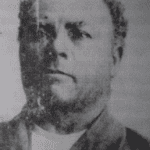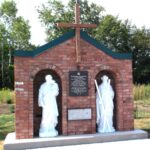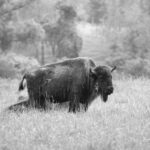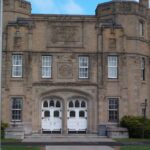SD & G is not only the home of such world famous authors as Charles Gordon, better known as Ralph Connor, for his depiction of rural Glengarry life, and Roger Caron for his graphic presentation of the world inside Kingston Penitentiary, but so many more, covering every genre imaginable.
This month will focus on three lesser known, but nonetheless important writers.
Authors Grace Campbell, Dorothy Dumbrille, and Carrie Holmes MacGillivrary, cover pioneer life in Glengarry County through their various novels. But did you know that Dundas County had their own chronicler of Loyalist settlement in Maida Parlow French?
Artist, radio broadcaster, anti-war advocate and author Maida Parlow French, was born in Toronto. She returned to her ancestral McIntosh orchard near Iroquois, after her husband Arthur Knowles died, with her three young boys. Warned by the locals that it wasn’t safe for a single woman to live alone on a remote farm, these fears were reinforced when she heard noises outside at night. Unable to discover where they originated, neighbours eventually revealed the mystery, telling her that for years, the “old abandoned farm house,” had been “the place to park.”
Undaunted, French with the advice the local Agriculture Rep., successfully harvested her apples, until the apple scab attacked her trees. As chance would have it, she now came across the home’s original hearth, leading her to appreciate the hardships, her pioneer descendants faced daily to survive. Now remarried to Donald French and relating the story of her own calamity to her boys, they asked her why didn’t she write a book? According to French, this eventually led to the publication of her novel Boughs Bend Over, in 1943. Retailing for $2.50, ($27.00 today) the book became an international bestseller. June MaFeely for the “Vancouver Sun,” wrote that the book took the reader “…into the homesteaders’ cabin…( depicting) the growth of a community showing men sowing the seeds of government, commerce and agriculture.”
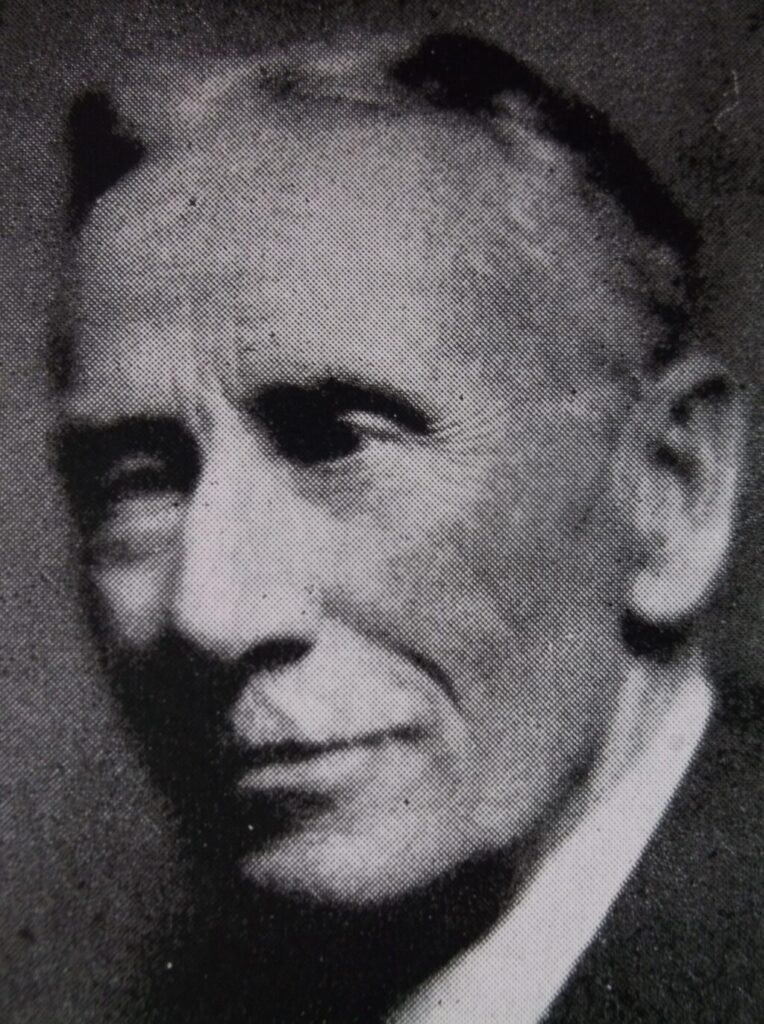
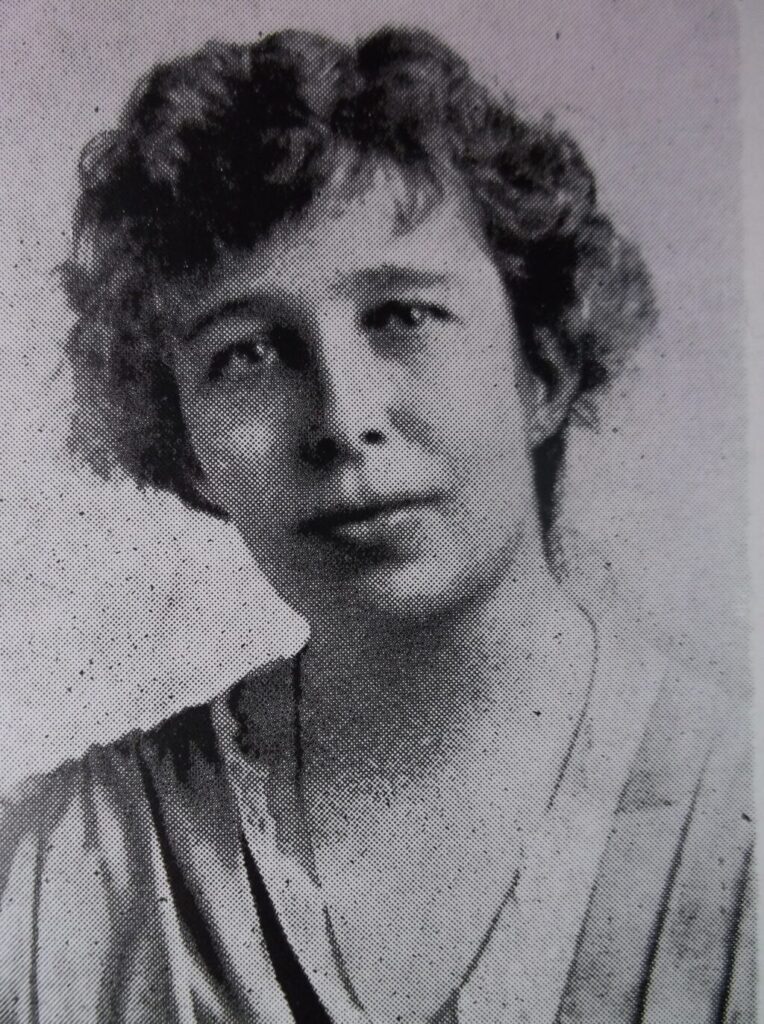
French continued writing about the pioneers in All this to Keep, published in 1947. In response to the threat posed by the drowning of St, Lawrence Valley farms to create the Seaway, she wrote autobiographical, Apples Don’t Just Grow, in 1954.
Having suffered the loss of her first husband, and then the war time death of her pilot son, French toured post World War II European refugee camps, to return to Canada with two, displaced Yugoslavian children.
Author and local Crown Attorney, John G. Harkness was born in Matilda Township (Dundas Co.). Educated at Iroquois High School he went on to study law and was called to the bar in 1891. A year later he married Laura Feader. Harkness served two terms on Cornwall’s Town Council, was named Town Clerk in 1912 and became Crown Attorney, in 1916, where according to Judge Stiles he brought “a very human approach to the office.”
For the majority of us though, Harkness is now remembered for his 1946 landmark study, Stormont, Dundas and Glengarry – A History, which sold for a whopping $5.50 ($92.50, in 2024.)
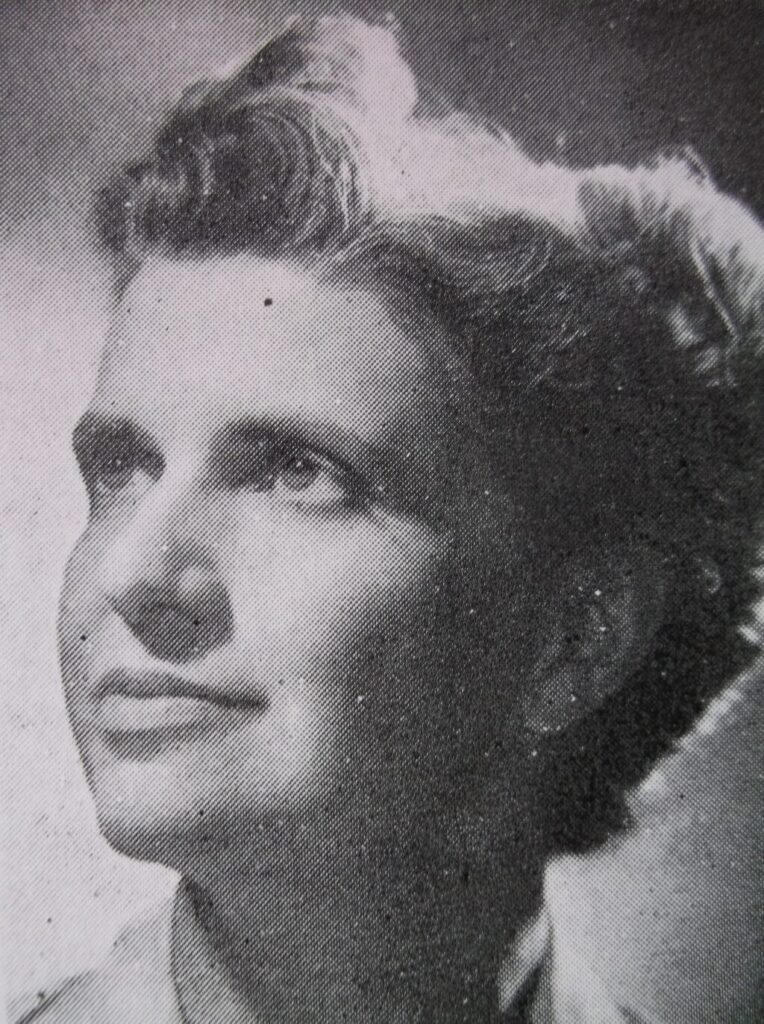
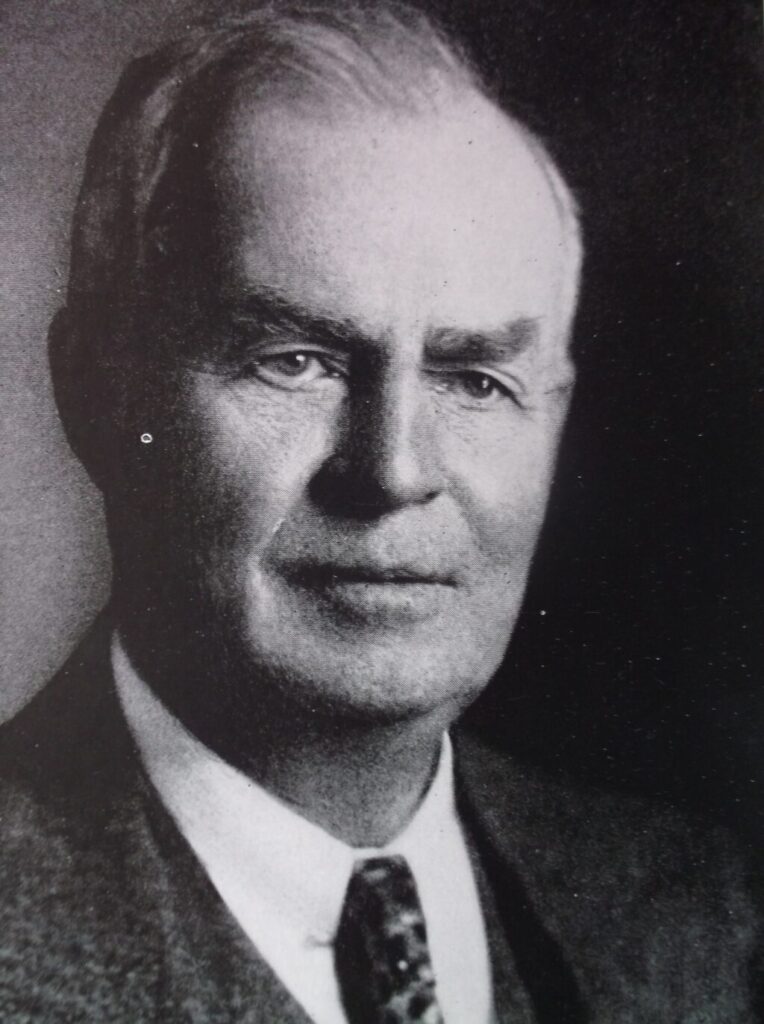
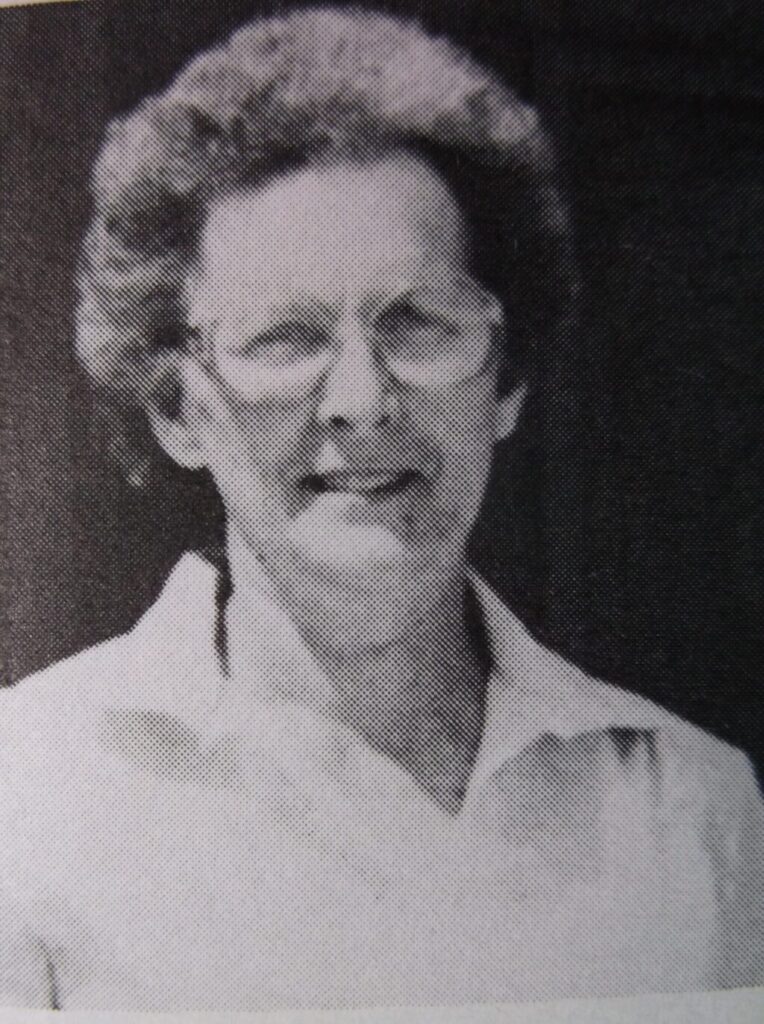
Today the book is frequently criticized for concentrating on politics and leading personalities. This view was not shared by historians who pointed out Harkness was a leader in the writing of local history with his chapters on social issues.
In the September, 1947 issue of the “Canadian Historical Review,” historian/archivist George W. Spragge wrote.
“It is pleasing to find that municipal officials are becoming aware of the value of preserving the records of their communities by sponsoring the writing of histories…If long residence, deep knowledge, and love for the district and people of which the author writes are a criterion, few men are better fitted to write a history of this type than Mr. Harkness.”
Spragge notes that Harkness may spend too much time on prominent men for the general reader, but affirms that the book is “Particularly valuable for the general as well as for the local reader (for) chapters such as “Industrial and Social Development” in which are described the origin and development of industries…with their success and failures. Too often social history of this kind is omitted…such accounts give us a true picture of the development of the community.”
Fernande DeSerres Fobert made history when she wrote Apercu de la Francophonie de Cornwall par l’Image, in 1984, the first comprehensive history of Cornwall’s French community. Written for La Societe Historique de Cornwall, with the guidance of Father C-E. Claude, and printed with the assistance of the Cornwall Bicentennial Corp., this well illustrated book outlines the significant contribution francophones have made to Cornwall’s growth as a bilingual community,
Originally from Quebec’s Eastern Townships, in Cornwall Fobert was a staunch liberal and sat on the committee that led to the creation of La Citadelle. Committed to preserving and promoting francophone culture Fobert was a member of Cornwall’s Bicentennial Committee, both the French historical and genealogical society and researched “Conditions de travail des moulin de coton de Cornwall”, for TV Ontario. A poet from a young age, Fobert committed some of her poems to her book Si J’Osais, (If I dare.)
Always ready to take part in in lively conversation about local events, Fernande was one of the most engaging people I had the pleasure to work with, as the City’s Bicentennial Coordinator.


